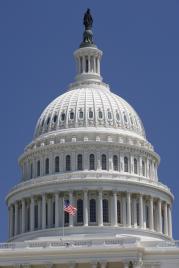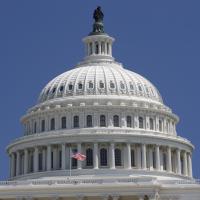Warner Prods DEA to Issue Rule on Telehealth Prescribing

Virginia Sen. Mark Warner is urging the Drug Enforcement Administration to quickly move forward on a rulemaking specifying the conditions for allowing certain allow health care professionals to prescribe controlled substances via telemedicine, or explain why it will not do so.
Both the 2008 Ryan Haight Online Pharmacy Consumer Protection Act and the 2018 SUPPORT for Patients and Communities Act have directed DEA to promulgate rules to exempt certain health care professionals from the Ryan Haight Act’s prohibition against online prescribing of controlled substances without an in-person exam.
The intent of that provision in the 2008 Ryan Haight law (see Tab 1301) was to prevent illicit sales of controlled substances online while also maintaining the ability of legitimate medical providers to treat patients in need, Warner said in the Jan. 17 letter to DEA Acting Administrator Uttam Dhillon. “However, in the 10 years since passage, the DEA has not promulgated rules to this effect.”
Warner said Congress again expressed that intent in the 2018 SUPPORT Act when it directed DEA to conduct the rulemaking by October 2019, “another deadline that has been missed,” Warner wrote.
DEA’s failure to promulgate the rule has left many patients suffering from opioid and other substance use disorders unable to access treatment via telehealth, Warner said. If DEA does not intend to promulgate the rule “in a timely manner,” he said, a written explanation why is requested. Warner, a Democrat, considers access to affordable health care to be one of his top legislative priorities.
In January 2019, the American Telemedicine Association offered DEA five recommendations for how a special registration process can be structured to enable safe prescribing via telemedicine. The latest agency regulatory agenda indicated that DEA intended to take the first step in the process, by issuing a notice of proposed rulemaking (NPRM), by December 2019. An NPRM typically spells out the details of a proposal and allows a period for public comment, and agency modifications of the proposal, before a final rule is issued.



